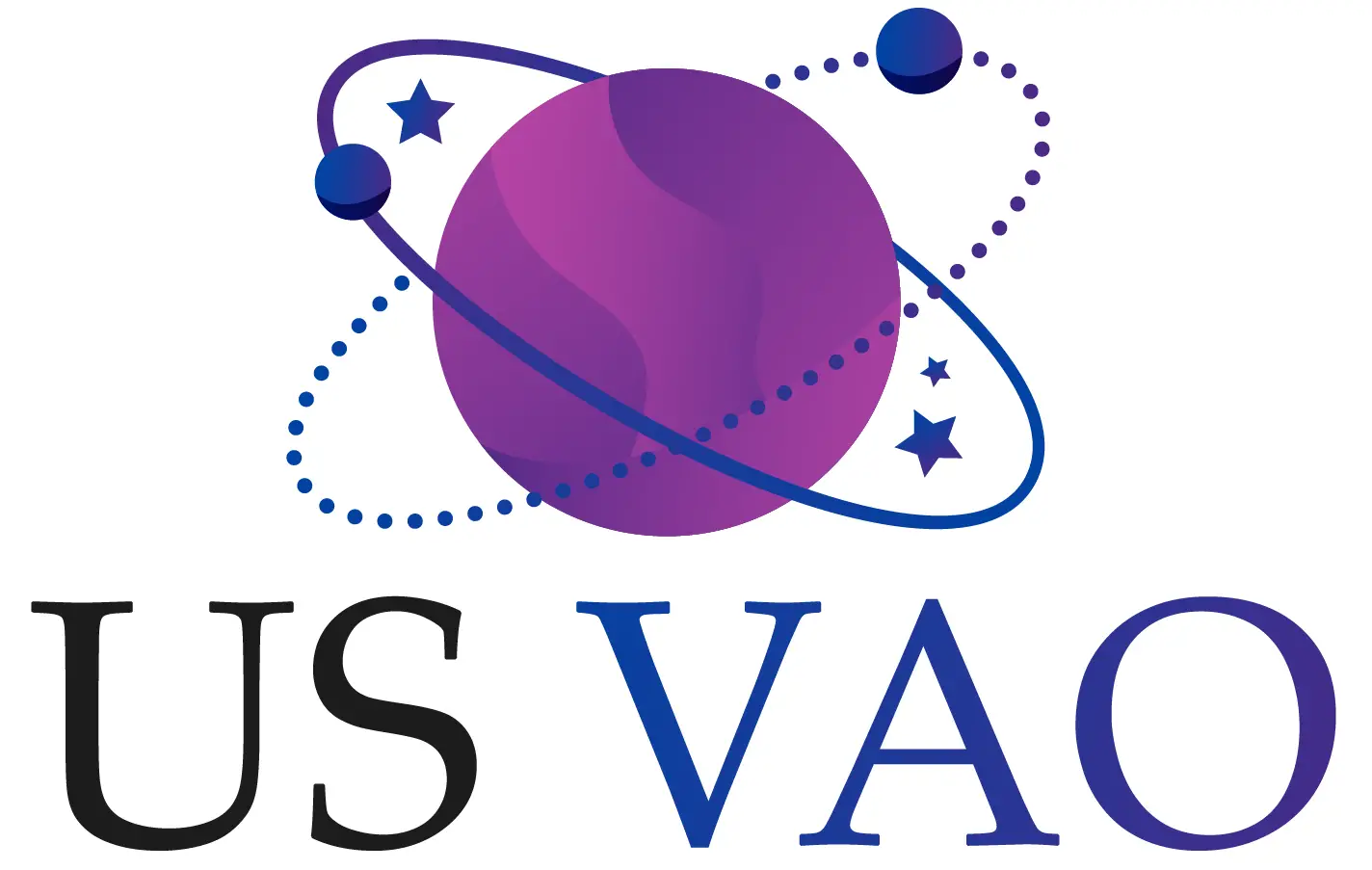Yes, astronomers go to space.
But not all astronauts are astronomers, and not all astronomers are astronauts.
Let us explain.
Do Astronomers Go To Space? (Explained)
What Is The Difference Between An Astronomer and An Astronaut?
An astronomer is a scientist who studies space and the universe, while an astronaut is a person who travels to and in space.
To become an astronomer, a person must first earn a bachelor’s degree in astronomy or a related field.
Next, they must complete a doctoral program, which typically takes four to five years.
Once they have completed their education, astronomers typically work in research laboratories or observatories.
Astronauts, on the other hand, are generally people with a background in the military or engineering, though they come from many other fields of expertise.
For example:
–NASA astronaut Joseph Acaba was a Marine and studied geology
–NASA astronaut Michael Reed Barrett studied medicine
–NASA Astronaut Kayla Barron was in the Navy and studied systems engineering and nuclear engineering
–NASA Astronaut Eric A. Boe was in the Air Force and studied astronautical engineering.
–NASA Astronaut Shane Kimbrough was in the Army and studied aerospace engineering
Regardless of how to end up as a space flight candidate, astronauts undergo rigorous training to perform the duties of an astronaut before they are allowed to go on missions.
So, while all astronauts go to space (or work to go to space), not all astronomers are astronauts.
But Astronomers Do Go To Space?
Definitely! Astronomers spend time doing research on the International Space Station or other missions in space.
They also analyze data and communicate with scientists on Earth through radio telescopes.
The astronauts who were also astronomers include:
George Driver “Pinkey” Nelson, an astronomer who worked with NASA mostly in the 1980s.
Karl Gordon Henize, an astronomer who worked with the Apollo program and later flew on the space shuttle.
Ronald Grabe, an astronomer who flew on three space shuttle missions.
John Grunsfeld, an astronomer/astrophysicist who has flown on five space shuttle missions.
But having a background in astronomy is just the beginning of the process of becoming a high quality candidate for space flight.
Why Aren’t More Astronauts Astronomers?
While space flight is about exploring space, not much about space flight is about astronomy.
Think about it–most of the challenges facing humans right now in space flight have more to do with engineering and technology than astronomy.
The focus is more about getting the ship off the ground and safely into space than it is about exploring space itself (though that is definitely done once the team gets up there).
What’s The Best Way To Become Both An Astronaut and An Astronomer?
If you study the backgrounds of NASA astronauts (current and past), you’ll see that there are multiple avenues that can lead to space flight.
Many astronauts get the job because they have technical expertise with flight, usually as a pilot in the military.
Others become experts in some field of science.
If your goal is to become both an astronomer and an astronaut, you’d best jump right into the study of astronomy right out of high school, and pursue your expertise diligently.
It can take many years (7 to 10) to obtain the highest level of degrees in astronomy (or astrophysics), so you might keep an eye on open astronaut jobs even before you complete your studies.
While you might think that an astronomy degree (or expertise) would lead to a leg up in NASA’s eyes, a study of other astronaut profiles highlight the varied backgrounds and the high level of achievement of all of the individuals.
It seems like whatever these folks decided to do, they did it better than just about anyone else.
Retired astronauts highlight that high levels of curiosity, flexibility, and adaptability might be even more important than the highest awards or degrees.
Since a young person without any education, training, or experience would not be a viable candidate for an astronaut job, they’d be better off digging into their education first.
In fact, here’s some requirements to be an astronaut you should be aware of:
- Candidates need to have at least a master’s degree in a STEM field
- Candidates need to have completed at least two years of professional experience after completion of their degrees, or 1,000 hours of pilot-in-command time
There are some substitutions (like experience or doctoral work could be substituted for some education).
Still curious about space and beyond? You might also like:
- What is the Stellar Parallax?
- 50+ Facts About The Sun
- Is It Ever Possible To See Venus at Midnight?
- Could a Human Breathe on Mercury?
- Could a Human Walk on Venus?
- 6 Obscure Constellations Few People Know About
- 30 Female Astrophysicists You Should Know About
- Reticulum Constellation Facts
- Draco Constellation Facts
- Can You Breathe on Jupiter?







